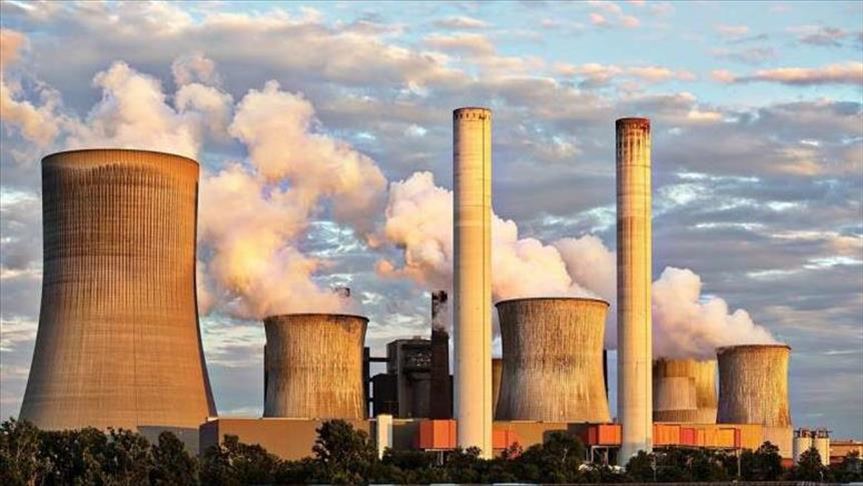Two veteran economists have been quoted as saying that a tax on fossil fuel production could help fund Australia’s transition to becoming a carbon-free energy giant, lower the cost of living and assist the world to cut greenhouse emissions.
Ross Garnaut, who is a leading economist during the Hawke government, and Rod Sims, a former head of the competition watchdog, have said that a so-called carbon solution levy would raise $100bn in its first year alone if introduced in 2030-31 and set at Europe’s five-year average price of $90/tonne of carbon dioxide equivalent.
This tax combined with other steps – including deploying the levy to subsidise as much as half the cost of new carbon-free iron, aluminium or fuel production plants – would allow Australia to exploit its abundant renewable energy resources to revive an increasingly moribund economy, they will say.
“The global transition to net zero is Australia’s opportunity,” Garnaut, the founder of the Superpower Institute, will say in a speech to the National Press Club on Wednesday. “We can use it to raise productivity and living standards after the decade of stagnation.”
Read also: US senators say certified natural gas is ‘dangerous greenwashing scheme
Borrowing a leaf from the Albanese government’s reworking of the legislated stage-three tax cuts, Garnaut will say shifting politics could prompt politicians to alter course and rework policies such as reintroducing a carbon price scrapped a decade ago by the Abbott government.
“We know that the constraints from the climate wars make the implementation of the [carbon levy] impossible,” he will say. But it “is not as impossible as living with our failure to play our full part in the global effort to stop the bushfires and cyclones and denudation of our beaches getting worse. It is not as impossible as being unable to pay for our ageing population, and unable to pay for our submarines.”
Sims, who is chair of the Superpower Institute, will tell the National Press Club that some of these ideas “may be rejected immediately”. Still, it is important to keep “tilling the soil” to nurture them, noting that past changes such as cutting import tariffs were initially very unpopular.
Story was adapted from the Guardian.
